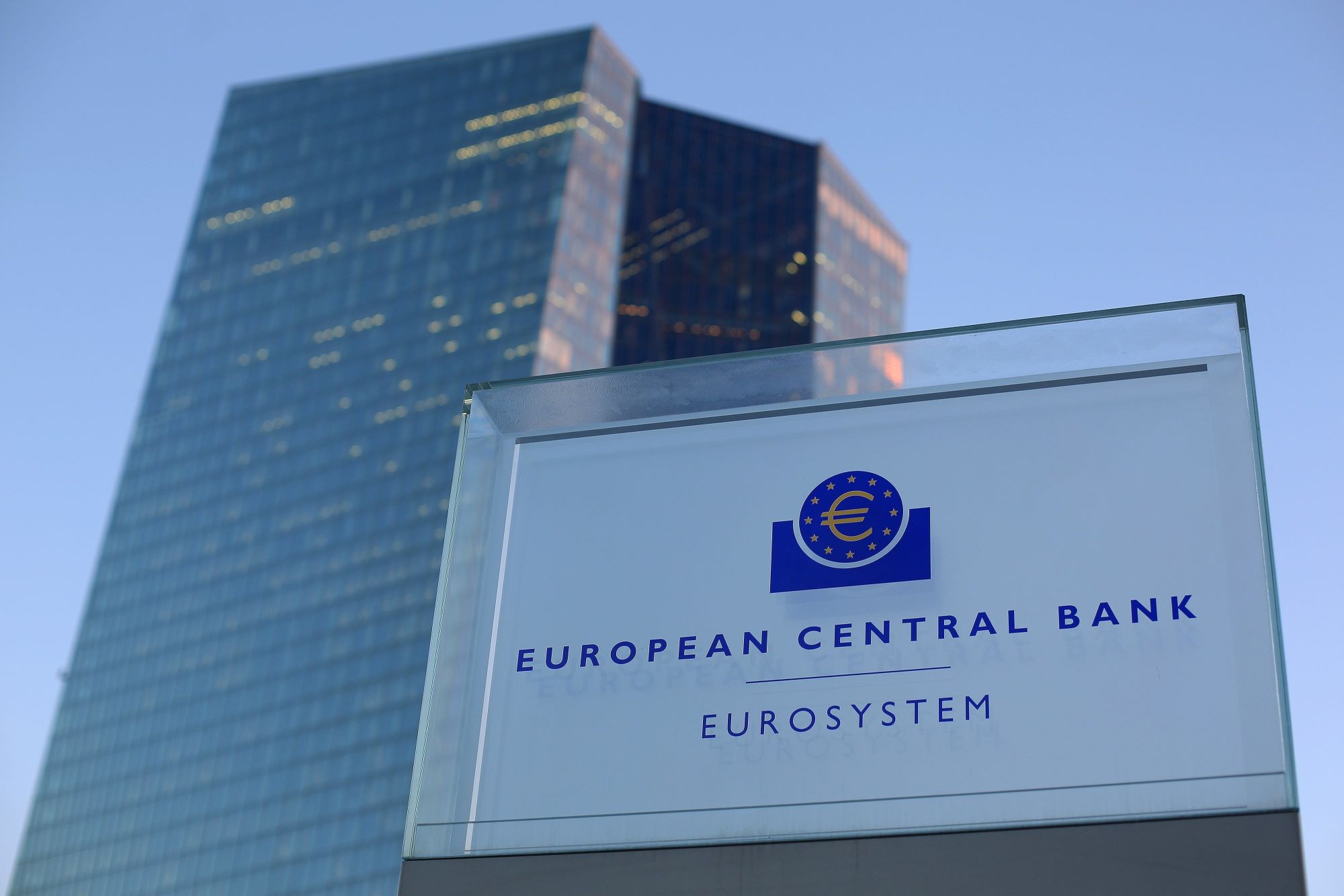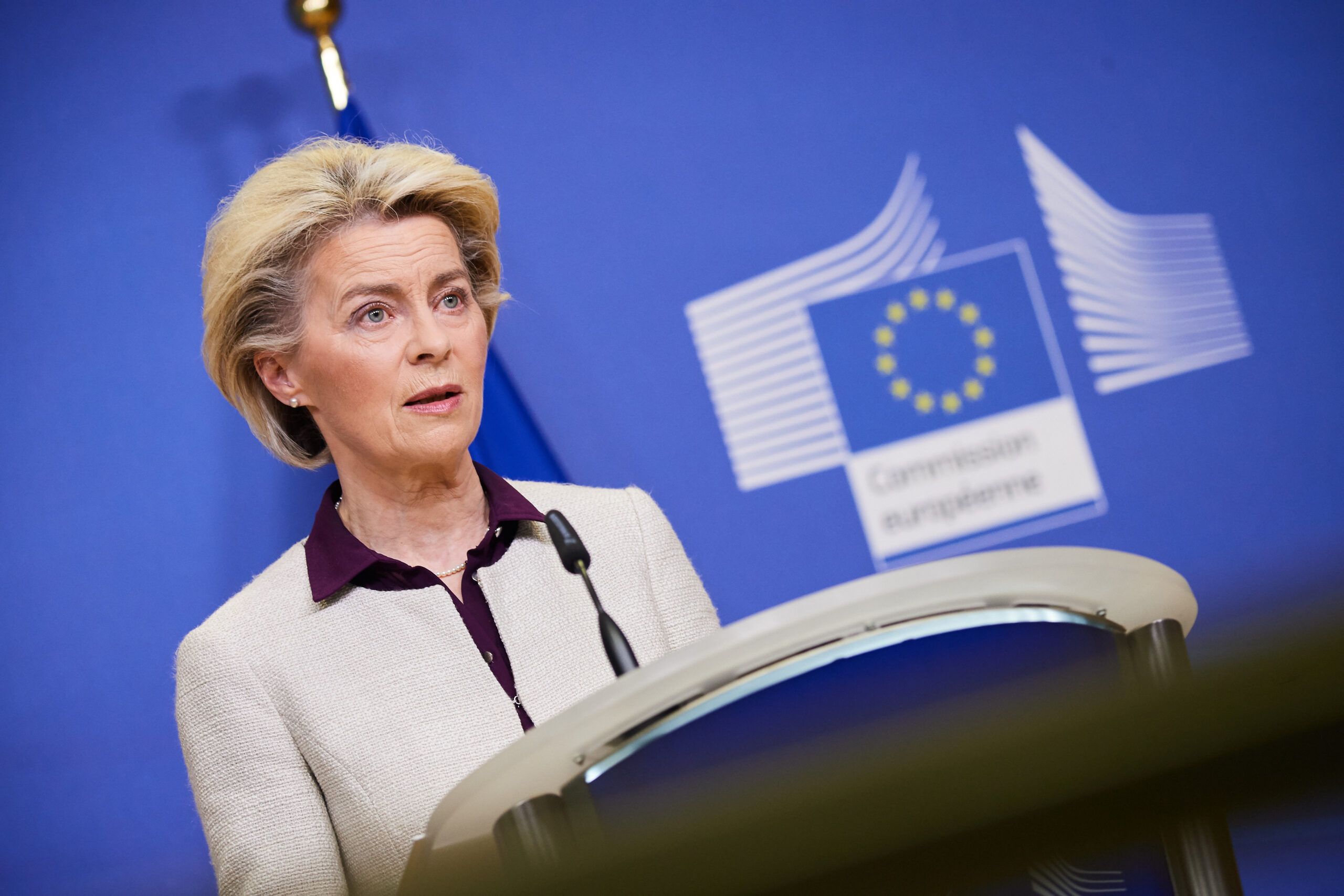Euro area interest will remain unchanged for the time being, despite easing in most measures of inflation, with the European Central Bank (ECB) pointing to domestic price pressures partly due to strong growth in wages.
In a decision taken on Thursday (today), the Governing Council of the ECB said it “is determined to ensure that inflation returns to its two per cent medium-term target in a timely manner.”
Eurozone inflation is expected to average 2.3 per cent in 2024, two per cent in 2025 and 1.9 per cent in 2026.
The ECB noted that “financing conditions are restrictive and the past interest rate increases continue to weigh on demand, which is helping push down inflation,” further arguing that the current interest “are at levels that, maintained for a sufficiently long duration, will make a substantial contribution to this goal.”
The growth projection for the currency union is at only 0.6 per cent for 2024, with economic activity expected to remain subdued in the near term.
“Thereafter, staff expect the economy to pick up and to grow at 1.5 per cent in 2025 and 1.6 per cent in 2026, supported initially by consumption and later also by investment.”
In its statement, the Governing Council assured stakeholders that it would continue to follow a data-dependent approach, ensuring that policy rates will be set at sufficiently restrictive levels for as long as necessary.
“In particular, the Governing Council’s interest rate decisions will be based on its assessment of the inflation outlook in light of the incoming economic and financial data, the dynamics of underlying inflation and the strength of monetary policy transmission,” it said.
Therefore, the key ECB interest rates are unchanged. The interest rate on the main refinancing operations and the interest rates on the marginal lending facility and the deposit facility will remain at 4.5 per cent, 4.75 per cent and four per cent respectively.
Malta Development Bank to launch schemes supporting sustainable development and creative sector
In 2024, the MDB launched the SME Guarantee Scheme and the Guaranteed Co-Lending Scheme
Euro surges as Trump slaps 20% tariff on Europe, EU vows to retaliate
The sweeping reciprocal tariffs has sparked fears of an all-out global trade war
Malta Development Bank hosts Network of European Financial Institutions for SMEs meeting in Malta
The group plays a crucial role in providing expertise and strategic guidance to the EU and its financial institutions






